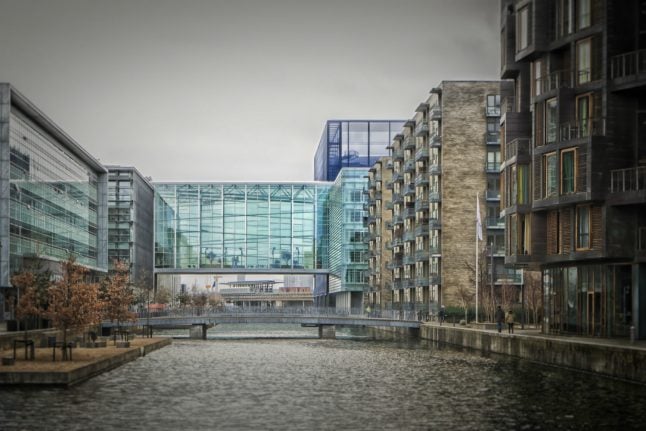40 different organisations are behind the Uddannelsesalliancen (Education Alliance) group, which has organised the protest, writes news agency Ritzau.
Spokesperson for the alliance Sana Mahin Doost said students felt concerned and frustrated by state interventions on higher education in recent years.
“We are not happy with the fact that our education is being worsened year on year,” Doost told Ritzau.
“Specifically, we can see that teachers are being pushed harder, have less time for individual guidance and that resources are lacking on vocational programmes,” she continued.
Central to the group’s grievances is the so-called reprioritisation contribution (omprioriteringsbidrag), which cuts two per cent from higher education institutions’ annual budgets.
This means overall cuts of just under 15 billion kroner (two billion euros) by 2020, according to the group.
Denmark’s minister for education Søren Pind was not available for an interview regarding the planned protests, reports Ritzau.
READ ALSO: Denmark backs off controversial ‘education cap'
Prime Minister Lars Løkke Rasmussen, during his speech for the opening of parliament on Tuesday, said the government was increasing its spending on education.
“We are now spending more on education than ever, more than 30 billion kroner [four billion euros, ed.] alone on further and higher education. That is an increase of 30 percent over ten years,” the PM said.
Although those figures are correct, that increase is a direct result of the increased number of young people enrolled on higher education programmes, writes Ritzau.
Despite an overall increase in spending, the amount of money being invested on each student is therefore decreasing, says Uddannelsesalliancen.
“So that sounds hollow and it is a disgrace that [the figures] are presented as if education is being invested in,” Doost said.
READ ALSO: Thousands protest Danish education cuts
Annette Nordstrøm Hansen, chairperson of the Association for Upper Secondary School Teachers (Gymnasieskolernes Lærerforening), told Ritzau that she was also frustrated over “political spin” on education spending.
Cuts have resulted in 1,100 fewer students in Denmark’s gymnasier – the equivalent of sixth form college in the UK – as a result of the cuts, Hansen said.
“We have always had the ambition of the next generation being better educated than the previous one, but the brakes seem to have been put on that right now,” she said.
The Liberal Alliance Party, which is part of Denmark’s coalition government, says that cuts can be made to education without detriment to research and teaching.
“In the private sector it is always necessary to look critically at productivity and try to improve it. Leaders in the public sector are perhaps not used to looking at productivity in the same way,” the party’s education spokesman Henrk Dahl said to Ritzau.
The demonstrations will take place in Copenhagen, Aarhus, Odense, Aalborg and Rønne at 4pm on Thursday.
READ ALSO: Number of Danes accepted into higher ed falls for first time in years



 Please whitelist us to continue reading.
Please whitelist us to continue reading.